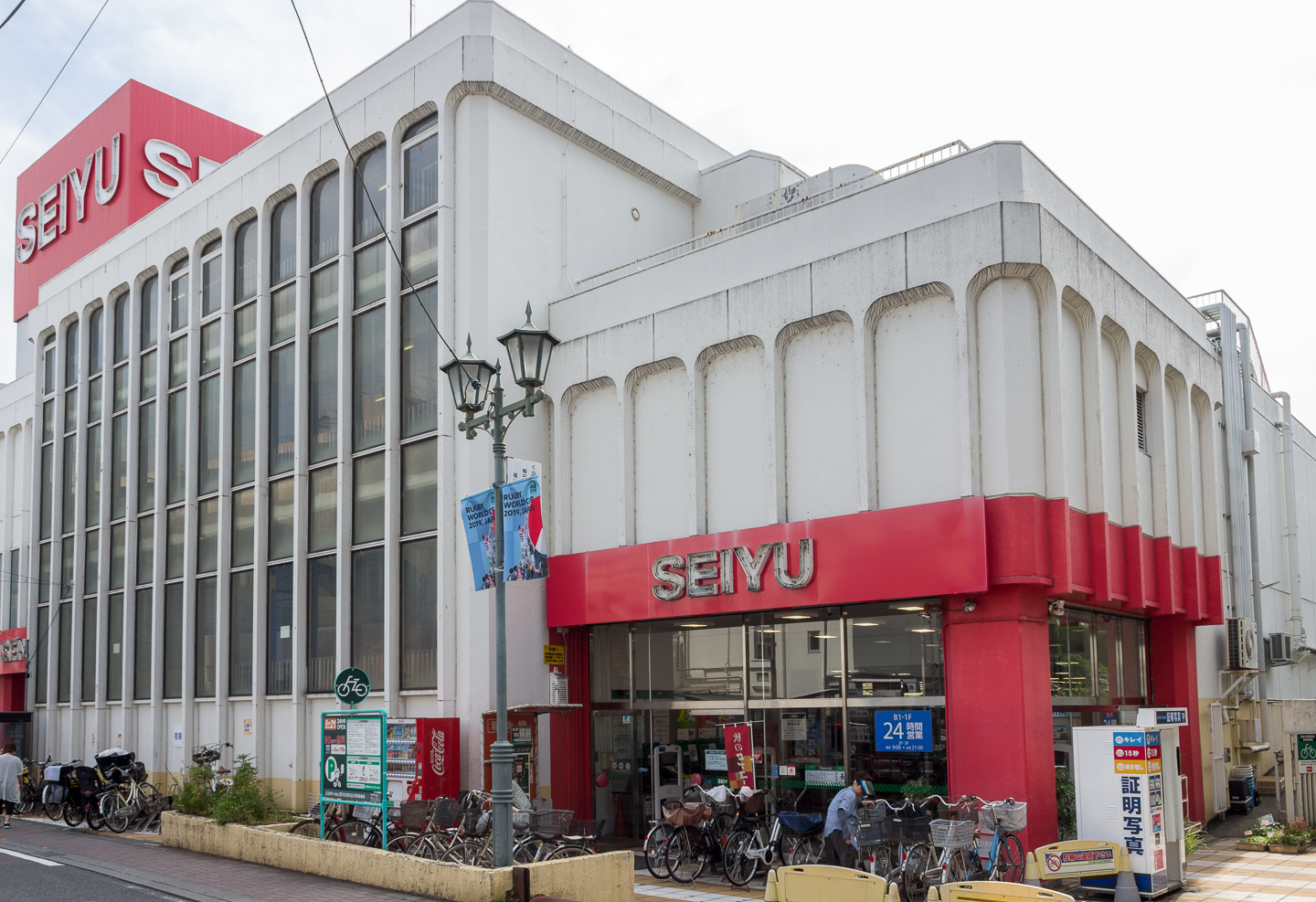5 Tips for Stretching Your Budget in Tokyo

5 Tips for Stretching Your Budget in Tokyo
Tokyo can be an expensive place to live, but it doesn’t have to be. Here are a few tips to help stretch your budget.
#1 Know your supermarkets
Broadly speaking, Japan’s supermarkets can be classified as premium, normal, and discount. If you were none the wiser, you might be purchasing all your groceries at a premium supermarket and paying top yen for produce and ingredients you could find at a lower price elsewhere! For example, better deals are often found at Gyomu Super (業務スーパー), Hanamasa (ハナマサ), and OK supermarkets.

The Japanese supermarket chain Seiyu is owned by Walmart, so in many of these locations you can find some familiar snacks or drinks! Photo: Scott Kouchi
Also keep your eye out for discounted produce, perishables, and ready-made meals that are close to their expiration date. Particularly in the evening, store staff will mark down items that need to be sold before they close for the night, so you can save money if you plan your grocery store trips precisely. However, this is a luck-of-the-draw situation and you might not always find what you’re looking for.
#2 Use local ingredients
Cooking your own meals will keep your overall expenses lower. However, most Japanese supermarkets won’t have everything you’re used to back home. Or, if they do, it’s imported and costs a ridiculous amount of money. You can keep costs low by buying the same kind of produce and ingredients that the locals buy. Check out recipes using miso, tofu, and seasonal vegetables.

Getting used to Japanese produce and ingredients can help you cut down on grocery bills! Photo: Scott Kouchi
If your apartment has a fish grill, you can take advantage of it and expand your culinary talents!
#3 Get a bicycle
Cycling is a a great alternative transportation for getting around Tokyo. I understand that not everyone is able to cycle, so it’s kind of a difficult thing to mention, but for those that can, I assure you that you’ll find money-saving and time-saving benefits. Utilize websites with a bicycle route navigator like Navi-Time to help plan out routes when
If the initial cost of purchasing a bike is hard to swallow, check out various bike co-ops in Tokyo which repair and resell used bicycles at a fraction of the cost of a new one. For example, Green Cycle Suginami (website in Japanese) is a great resource to know for picking up a bicycle at a very reasonable price.
You can even factor in health benefits of riding a bicycle for short distances when you’d normally take a train! Adjacent to the Arakawa River, Sumida River, and Tama River are long sections of paved cycling road that are great for exploring Tokyo with a different perspective!
#4 Budget
This isn’t a Japan-specific idea, but it is something that is important to be aware of especially when moving to a new country and getting used to a new currency and prices for daily necessities. If you’re new to Japan (or even if you’ve been here awhile), it’s a good idea to keep track of the differences in the price of everyday goods. If you pay attention, you might find that you’re overspending on certain items just because you’re used to them being a cheaper price back home. It does take time and effort, but this can really help you understand where your money is going at the end of the month.
To get an idea of the cost of living in Tokyo and Japan, in general, check out these articles:
- What is the cost of living for a single person in Tokyo?
- What is the cost of living for a family of four in Tokyo?
- Cost of living in Japan
#5 Check out MVNO or other mobile data options
The big three wireless carriers in Japan are Docomo, SoftBank, and AU. These giant corporations are similar to Verizon, AT&T, and T-Mobile/Sprint in America (sorry, I don’t have applicable comparisons for other countries!). You’ll find fast and reliable speeds on these networks, but at a pretty high monthly cost. A mobile virtual network operator (MVNO) is able to offer very comparable speeds and coverage and a much lower price. These companies effectively purchase blocks of data/resources from mobile network operators over a smaller range or with other caveats in order to provide cheaper wireless solutions.

An example MVNO start-up kit. In most cases you’ll have to provide the cell phone (purchased new or used), then follow the instructions to set-up the SIM card with your phone.
If you check out the cell phone section of a large electronics retailer such as Bic Camera or Yodobashi Camera, chances are you’ll find MVNO vendors alongside the major networks. As always you’ll want to find a plan that fits your usage, but in many cases you can save a considerable amount on your wireless bill by switching to an MVNO. In all fairness, there are benefits for sticking with a major network (sometimes they package wireless, TV, and internet services, etc.).
Do you have any special tips for saving your hard earned yen in Japan? Let us know in the comments!
Lead photo: iStock stock photography
The post 5 Tips for Stretching Your Budget in Tokyo appeared first on Blog.
Source: real estate – The Japan Times
